
A Landmark Year in Pfizer's Quest to Change the Trajectory of Cancer
With numerous approvals in 2018, we went from having 10 cancer medicines with 18 indications to 18 medicines in more than 20 indications as of January 2019. This progress includes the expansion of the Xtandi® ( enzalutamide) label to the treatment of non-metastatic castration-resistant prostate cancer and approvals of Talzenna® (talazoparib), a precision medicine for a specific type of advanced hereditary breast cancer; Daurismo™ (glasdegib), a therapy for certain patients with newly diagnosed acute myeloid leukemia; and Vizimpro® (dacomitinib) for the first-line treatment of patients with metastatic non-small cell lung cancer (mNSCLC) characterized by epidermal growth factor receptor (EGFR) mutations.
"Even with the significant improvements observed across biomarker-driven non-small cell lung cancer, we are reminded every day of the great need for new treatment options that may benefit patients with these types of lung cancers. These two approvals for Lorbrena and Vizimpro are exciting for patients with ALK-positive or EGFR-mutated metastatic non-small cell lung cancer, who now have more options in their fight against the disease."
The 2018 approval of Lorbrena® ( lorlatinib), another non-small cell lung cancer precision medicine, demonstrates our achievements in this hard-to-treat cancer. In 2011, we introduced Xalkori® (crizotinib) for the treatment of ALK-positive mNSCLC. While a tremendous advance, we knew we needed to do more to address the issue of resistance to therapy. Building upon our extensive understanding of tumor complexity and treatment resistance, Pfizer scientists discovered and developed Lorbrena specifically to inhibit tumor mutations that may drive resistance to other ALK inhibitors. The Lorbrena approval is an important milestone that provides hope and a new option to ALK-positive mNSCLC patients who have progressed on prior ALK therapies.
We continue to be relentless as we deepen our understanding of cancer, the most complex disease known to humanity, and drive our science forward to improve the lives of cancer patients around the world.

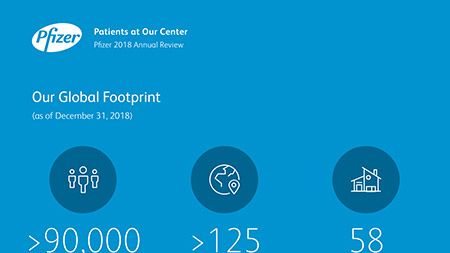
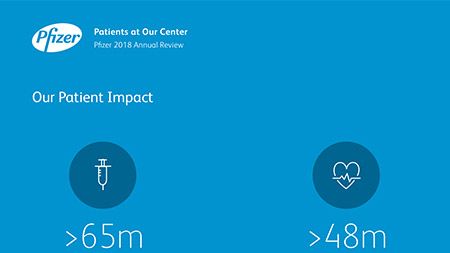
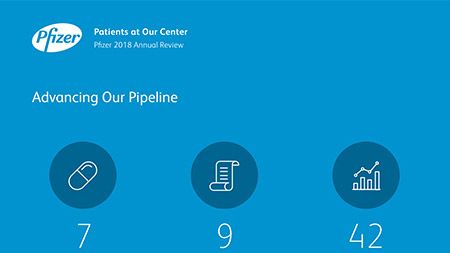
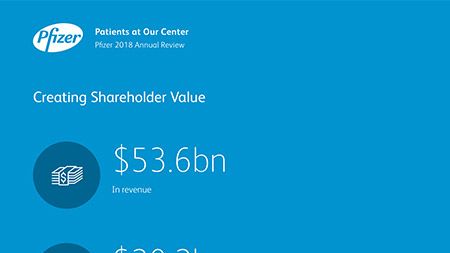
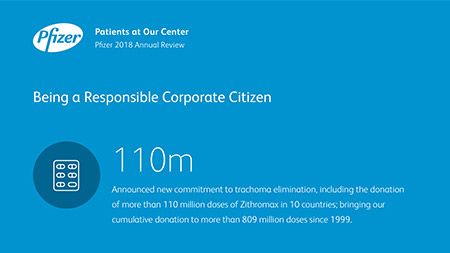
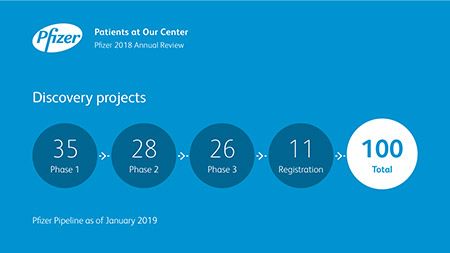
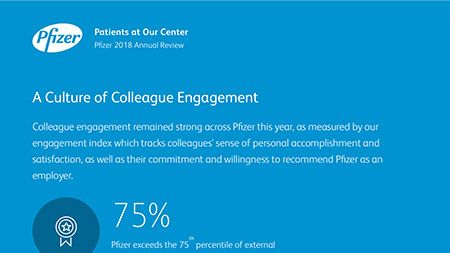
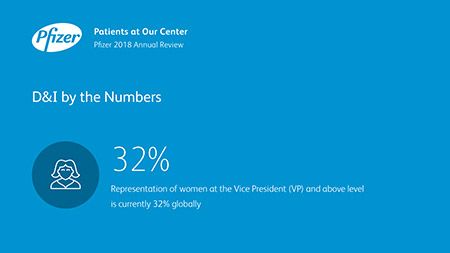
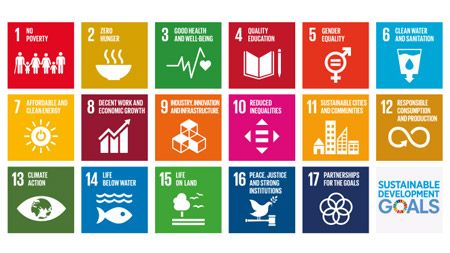
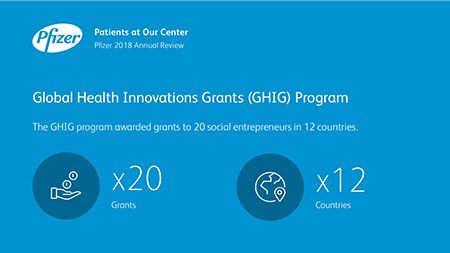
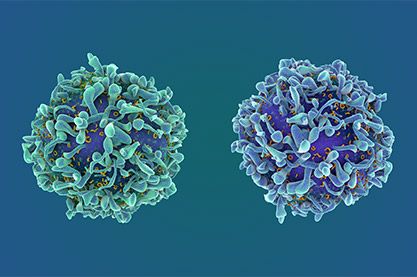



Ian Read: Contributions to Improving Human Health
Albert Bourla: Breakthroughs that Change Patients' Lives
Ushering in a New Era of Pfizer R&D Productivity
Advancing Our Leading JAK Science
Overcoming Therapy-Resistant Disease
Tackling Respiratory Syncytial Virus (RSV) Through Breakthrough Science and Technology
Catalyzing Innovations in Global Health
Contributing to the UN Sustainable Development Goals
Supporting Digital Health Start-Ups
Improving the Health of Women and Their Families